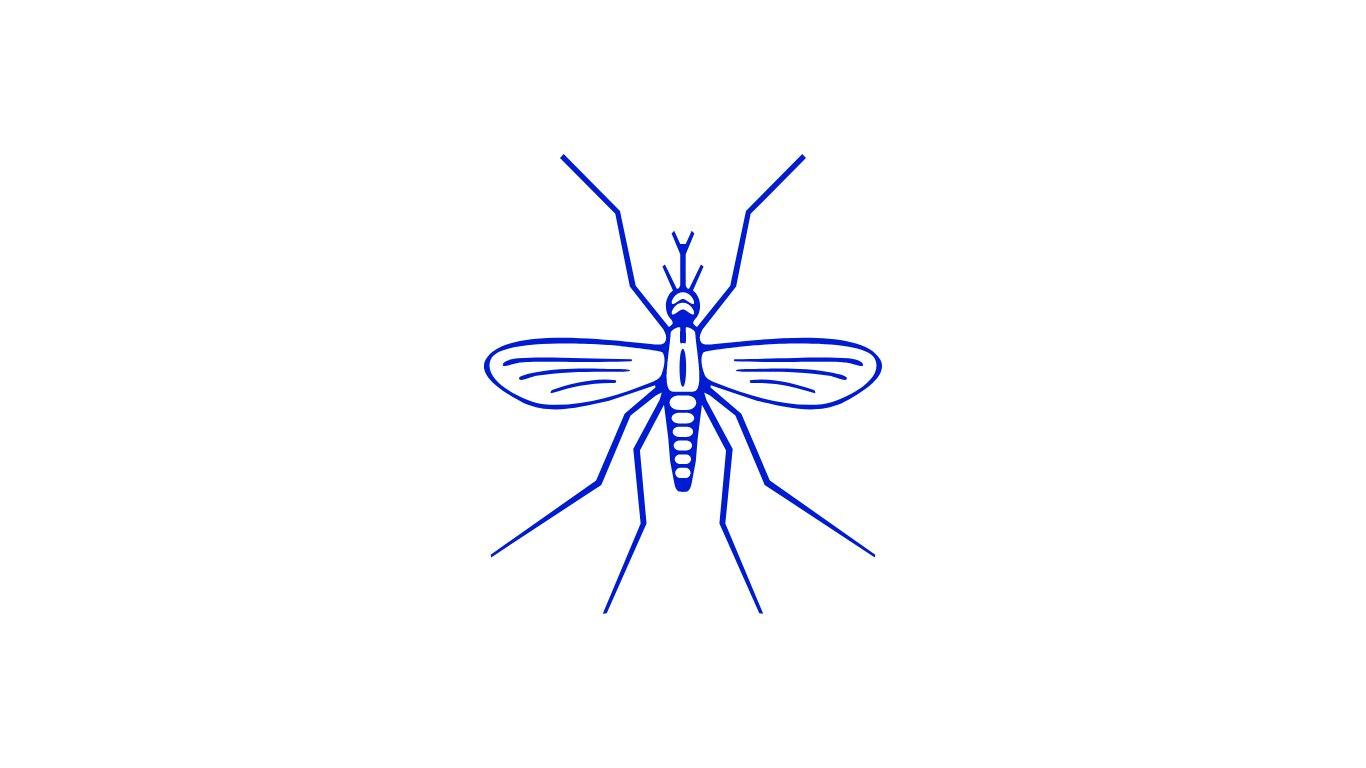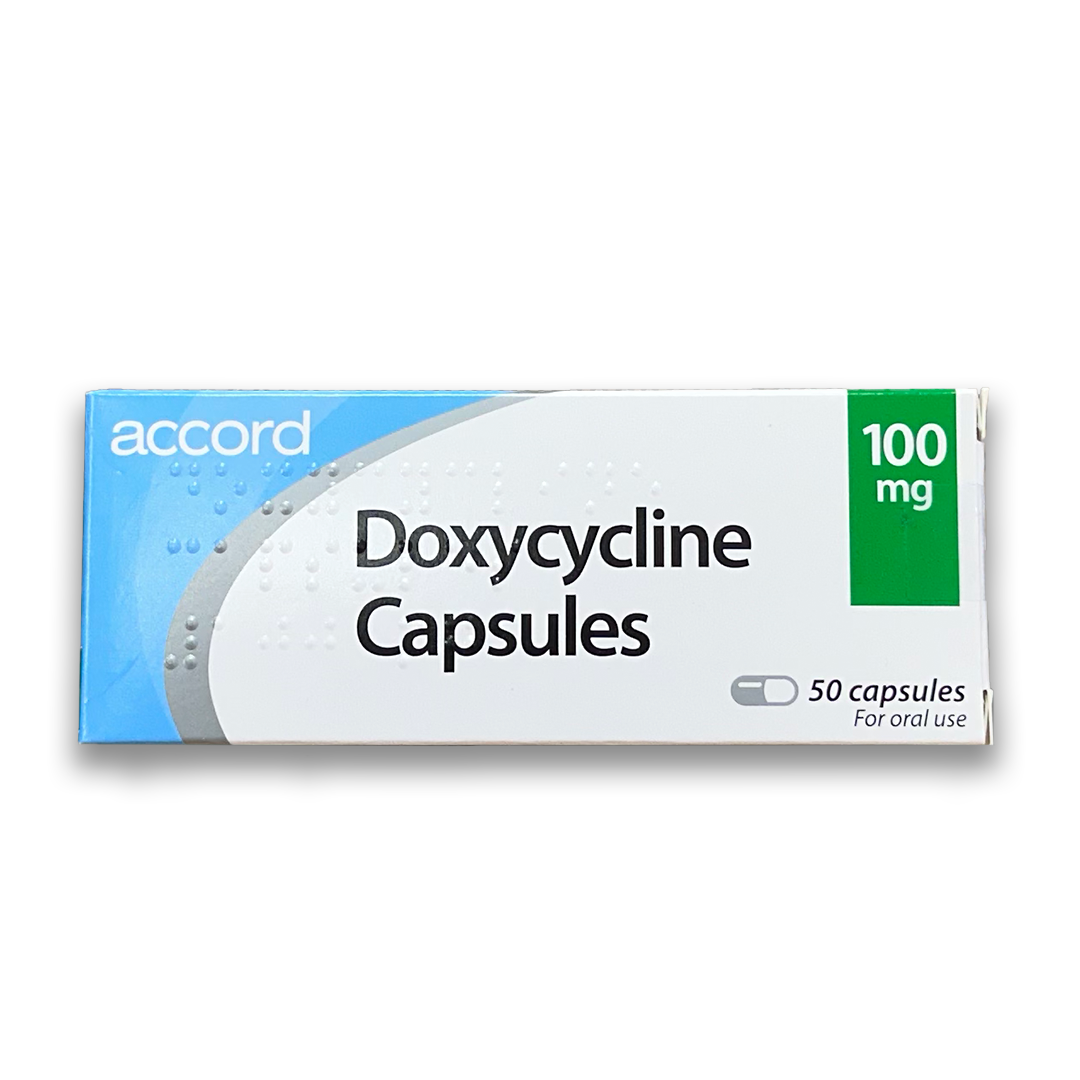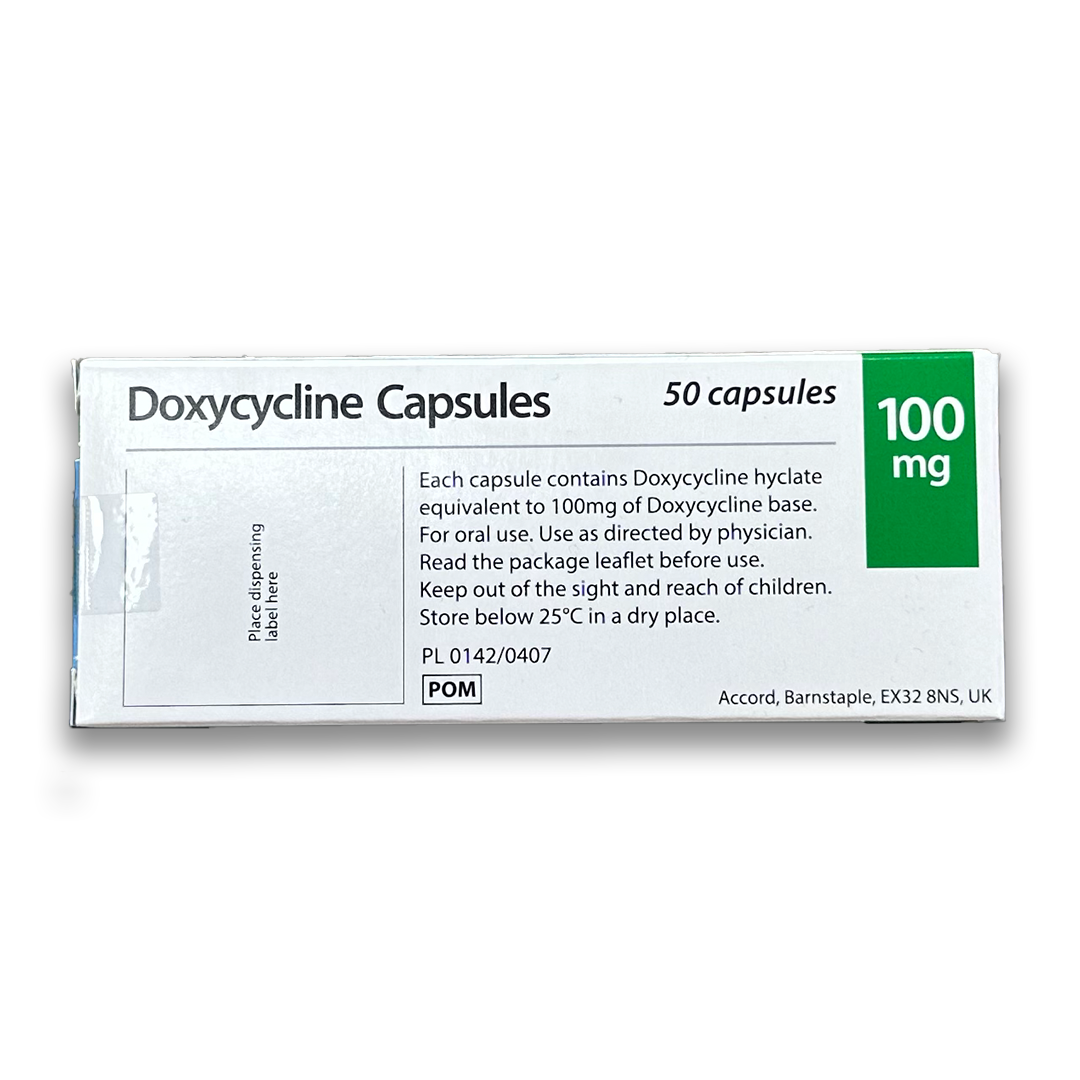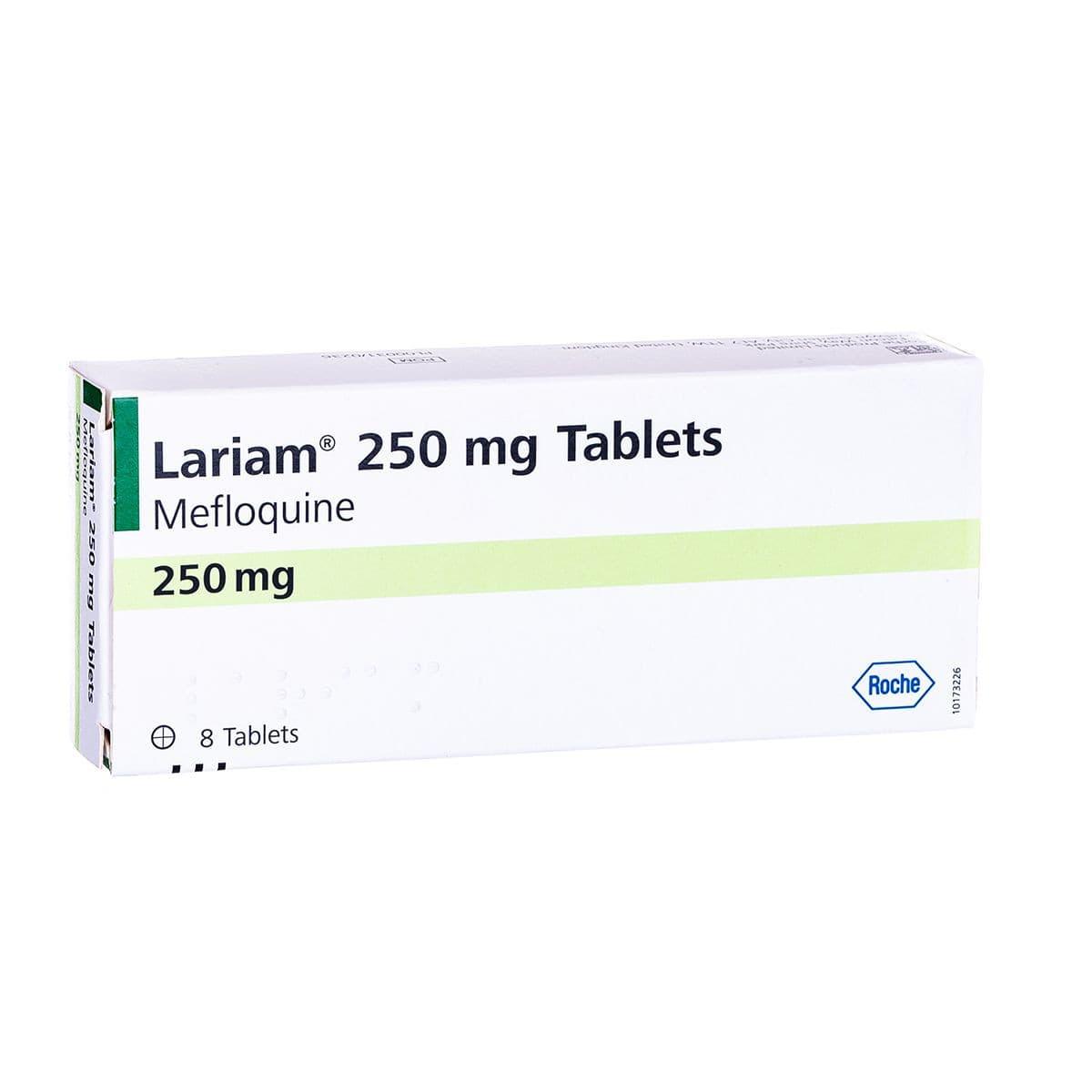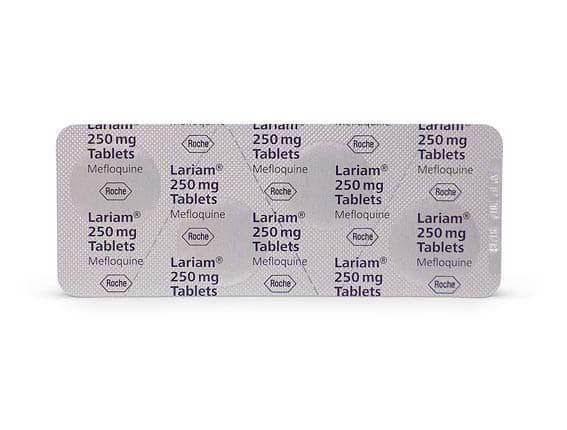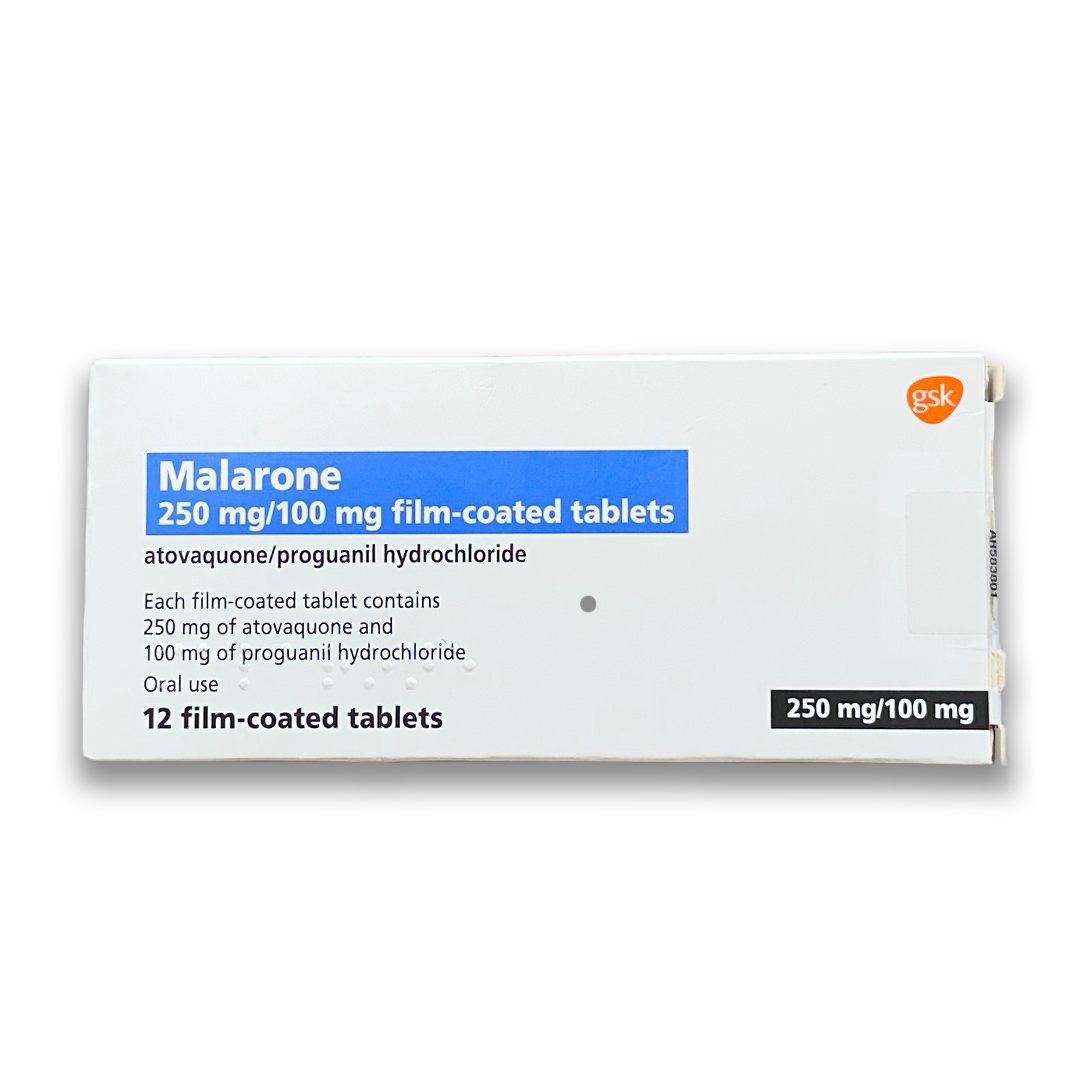In addition to chemoprophylaxis, there are other measures individuals can take to reduce the risk of contracting malaria:
Mosquito Bite Prevention: Using insect repellents, wearing long-sleeved clothing, and sleeping under insecticide-treated bed nets can help prevent mosquito bites.
Stay Informed: Before traveling to a malaria-endemic area, research the specific risks and recommendations for malaria prevention in that region.
Timely Diagnosis and Treatment: If you develop symptoms of malaria, seek medical attention promptly to ensure timely diagnosis and appropriate treatment.
Personal Protection Measures: Take precautions to minimize mosquito exposure, such as staying indoors during peak mosquito activity times.
Consult a Healthcare Provider: Before traveling to a malaria-endemic area, consult a healthcare provider or travel medicine specialist to receive personalized advice on malaria prevention and suitable chemoprophylaxis options.
In conclusion, malaria chemoprophylaxis is a vital strategy for preventing the transmission of malaria in individuals at risk, especially those traveling to malaria-endemic regions. Understanding the causes, diagnosis, available treatments, and prevention measures is essential for ensuring the well-being of travelers and residents alike. Consulting a healthcare provider before travel and adhering to recommended preventive measures can help minimize the risk of contracting malaria and contribute to a safe and enjoyable travel experience.

